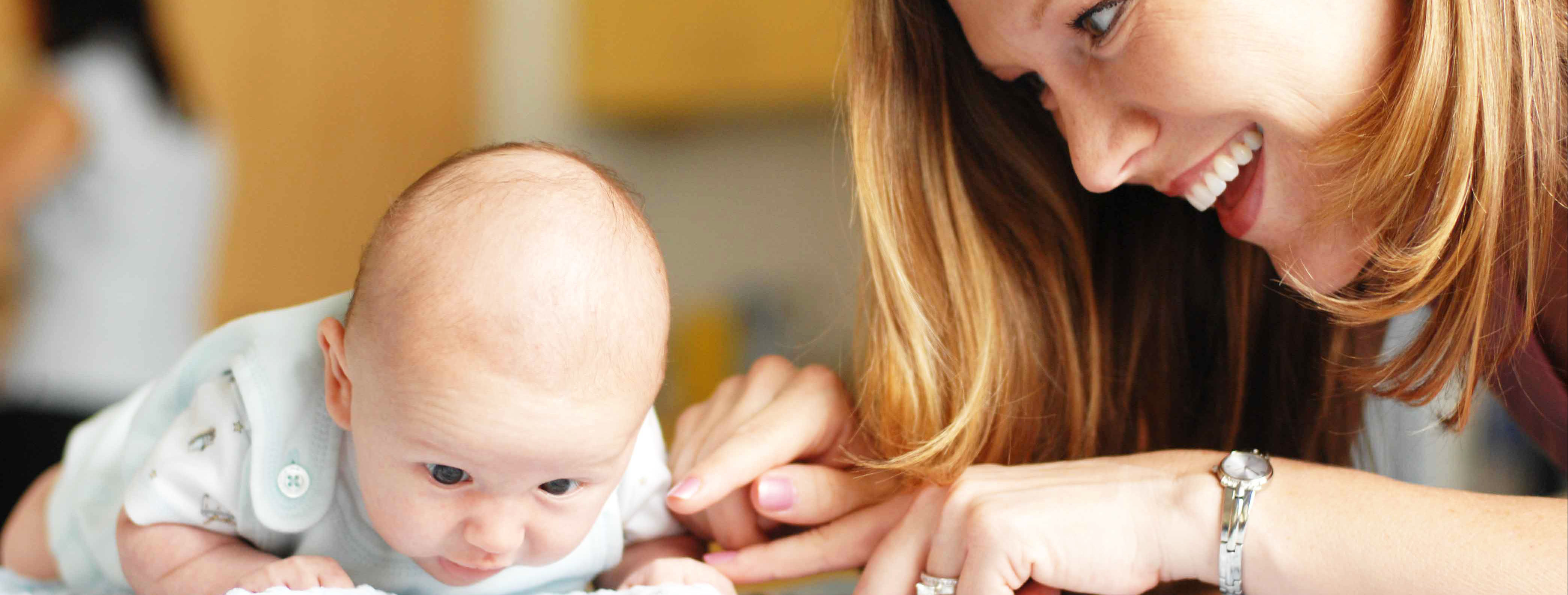When your little one is born, they will encounter a lot of stimuli that can be somewhat overwhelming. However, as they adapt, they begin to learn and grasp things better. Nevertheless, have you wondered how that is done and what you can do to better your newborn’s development? While breast milk offers your baby the nutrition he or she needs from the moment they are born (starting with the ultra important colostrum), whether you continue breastfeeding or opt to express breast milk, there are also other things at play.
Familiarising your Newborn with the World
The first thing that your newborn will learn would be the feel of your skin and the sound of your voice (some experts say that they may already recognise voices from their time in the womb), and as their vision improves the sight of your face too. Making sure they are comfortable and well fed will definitely aid in progressing your newborn’s development and learning. To help things along, encourage it with the aid of a soothing voice coupled with a gentle caress, and not to mention smiles.
The stimuli of the world can be overwhelming, but you may find that your newborn will definitely recognise your voice in the first couple of days since birth, with them looking around for you, becoming quiet and less active. By adding your smiling face into their line of sight, you are providing your newborn reassurance as the source of their comfort, warmth and care – thus letting them know how to recognise people from one another. Experts also recommend that you read to your newborn, which can greatly help with your baby’s ability to listen.
The Rooting Reflex
Did you know that babies are born with certain reflexes that are programmed into their brains by birth? These responses are mainly related to touch such as the rooting reflex being one where your newborn will turn his or her head to a side to initiate feeding if you were to touch that side of the cheek. With each passing week, your newborn’s learning curve will improve where they will respond to the sight of your breast or bottle knowing that it is their source of food.
Knowing When They are Ready
As the first month of your newborn’s life passes, you will find that he or she sleeps between 12-18 hours each day. However, as the weeks move on, your baby will adapt and be awake and alert. Recognising the signs of whether your baby is ready to learn is important, because over stimulation can make a baby fussy and cranky. Therefore knowing the signs when your baby is awake, alert and ready to learn or play is important such as when he or she is attentive and responsive to the environment around him or her. If they start to cry or fuss when you attempt to get their attention, it would be best to let them be – alone time is also a good way for your baby to soothe himself. Some parents choose to let their babies lay on a bouncer or bassinet, allowing them to know that you are nearby but also let them take in the surroundings at their own pace. Often parents prefer to rent hospital grade bassinets that have clear sides which are super convenient to move between rooms.
How to Encourage your Newborn’s Learning
Educational or stimulating toys are a good way to start. Something items such as rattles, textured toys, musical toys and crib mirrors that are safe to help them stimulate their senses. In addition, contrasting colours and patterns are great too – with red, white and black used along with curves or symmetry that have been advised by experts to stimulate vision.
These are so many ways in which you can aid your newborn’s development in the first few months. Stay tuned for more great articles on your to care for your newborn in the coming weeks!


